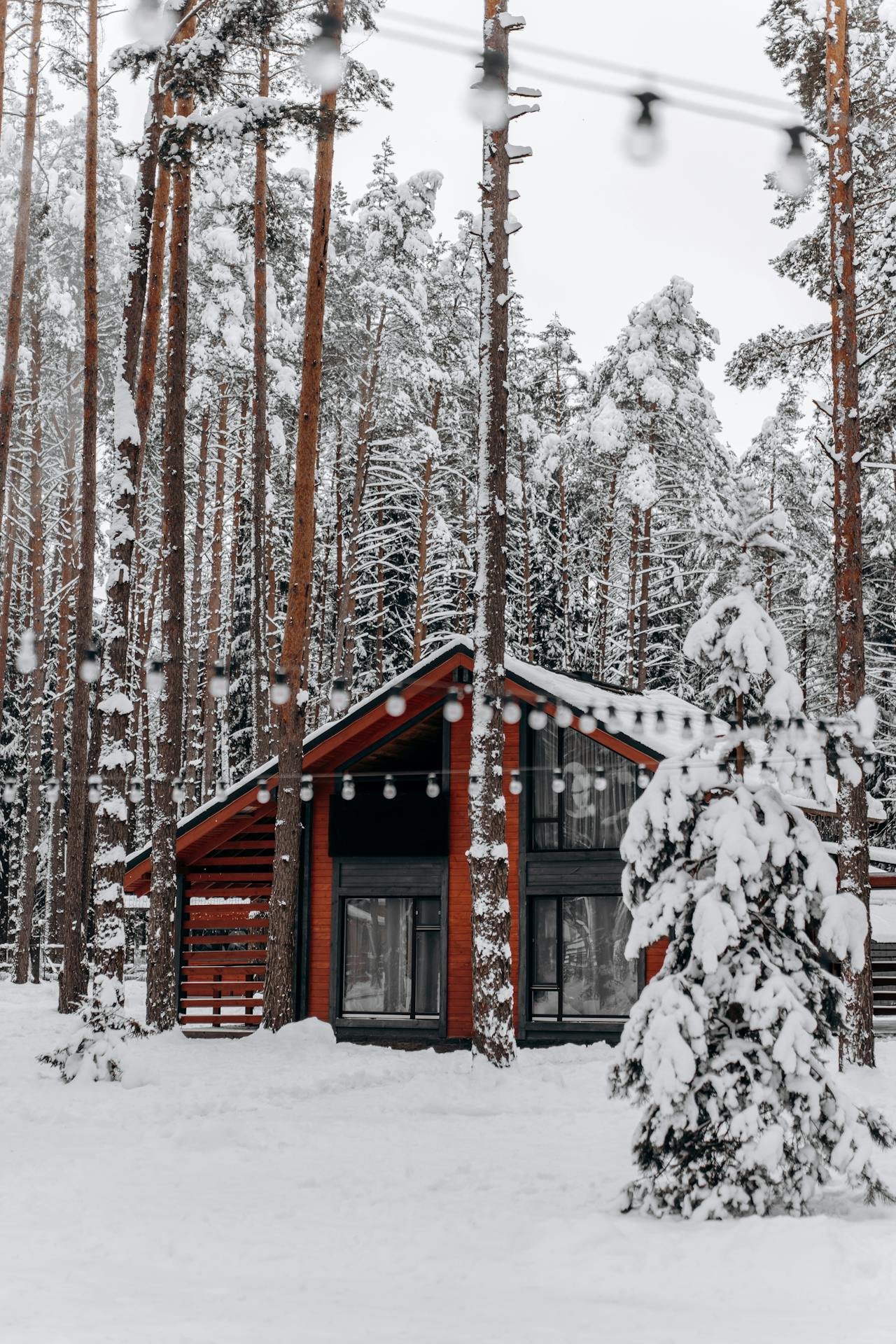Winter’s Effect on a Home’s Electric System
The unfavorable weather conditions during winter can result in frequent power outages.
The harsh winter weather is challenging for different home components, and the electric system is no exception. The electrical system is an integral part of the home, and any issues can result in costly repairs and disruptions in daily routines. Freezing temperatures, winter storms, and moisture from snow and rain can weaken the electric system, resulting in high energy bills and electric issues.
The best way to ensure a smoothly functioning electric system throughout the winter is to hire a local electrician for a thorough inspection and proper maintenance. Noticing and fixing issues before they worsen can prevent uncomfortable conditions and unnecessary repairs.
Common electrical system issues during winter
Power outages
The unfavorable weather conditions during winter can result in frequent power outages. Strong winds, heavy rains, and storms can rip the power lines. Excessive use can cause the electric system to overload, leading to power outages.
Tripping breakers
The home’s electric system remains under constant stress during winter. The heating and cooling system consumes significant energy to keep the home warm and comfortable. One of the reasons for high electricity bills during the cold weather is that people spend more time indoors and use additional devices and appliances like water heaters, space heaters, and electric blankets. The lighting also sees extended use during winter due to holidays. Homeowners can experience tripping breakers, which means high power usage on a particular circuit.
Flickering lights
Flickering lights are a common electrical issue people encounter during winter. Bad weather, faulty electrical systems, loose connections, wiring, and overloading can cause the lights to flicker. An electrician can identify and fix faults in the electrical system to resolve the issue.
Static electricity
A charge imbalance in dry materials can result in static electricity, which can become dangerous in certain circumstances. Static electricity can result in shocks if any unmonitored electrical current or explosive substance is nearby. Homeowners should install humidifiers in drier home areas to prevent issues caused by static electricity.
Space heaters
Space heaters are heavily used in areas with harsh winter conditions. They use significant electricity, need a dedicated outlet, and should remain unplugged when not in use. However, when used excessively, space heaters can lead to house fires. Homeowners should use space heaters correctly to prevent overheating and ensure energy efficiency.
Outdated equipment
Old equipment can cause issues with the home’s electrical system during winter. Cracked or rusted light fixtures can cause moisture to seep in and result in short circuits. Outdated equipment is incompatible with modern homes and can pressure the system.
Ways to prevent electric system issues during winter
Turn down the thermostat by a few degrees
Invest in energy-efficient lighting for holidays
Minimize the use of power strips and extension cords
Ensure three-feet clearance on all sides of the space heater
Invest in surge protection and a backup generator
Check the wiring around the home and replace frayed and outdated wiring
Unplug unused appliances
Schedule annual heating system checkup
Replace old and outdated heating equipment and other appliances
Safeguard the electrical system for winter
Do not let electrical problems become disruptive during winter. Prepare the electrical system for cold weather by hiring an electrician for a preventative inspection. An electrical contractor understands local codes and can upgrade the electrical system to meet cold weather challenges.
Zimmerman Electric, serving the Phoenix Valley metro area, is proud to be the one stop solution for all residential and commercial electrical projects. From broken outlet repair and circuit breaker panel upgrades to landscape lighting and remodels, our licensed and bonded electricians ensure to meet the highest standards. Call today to book an appointment.

